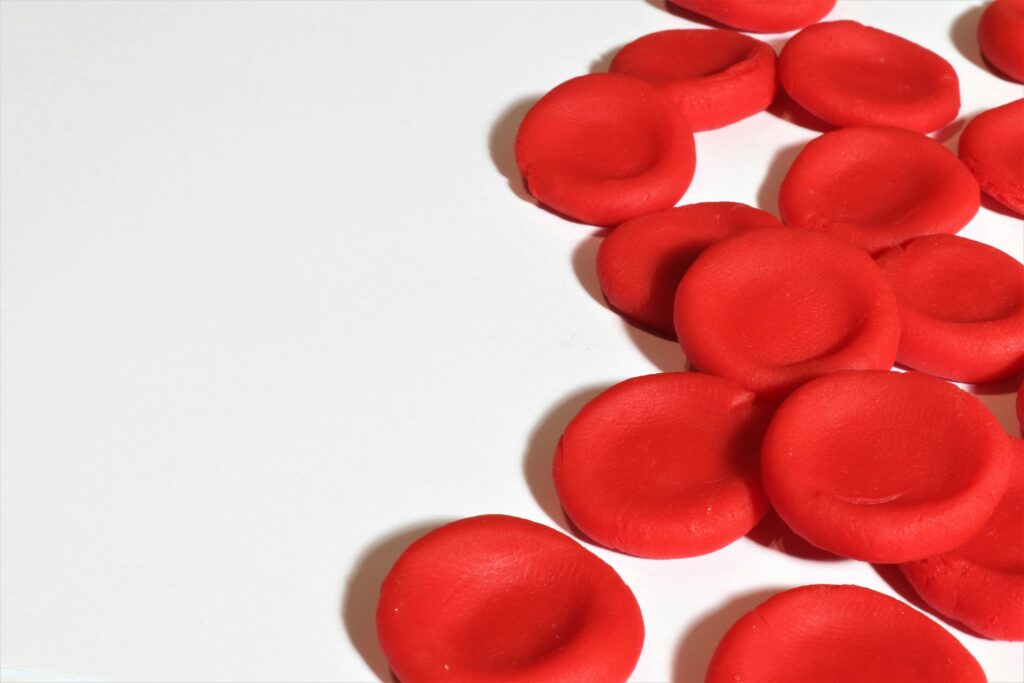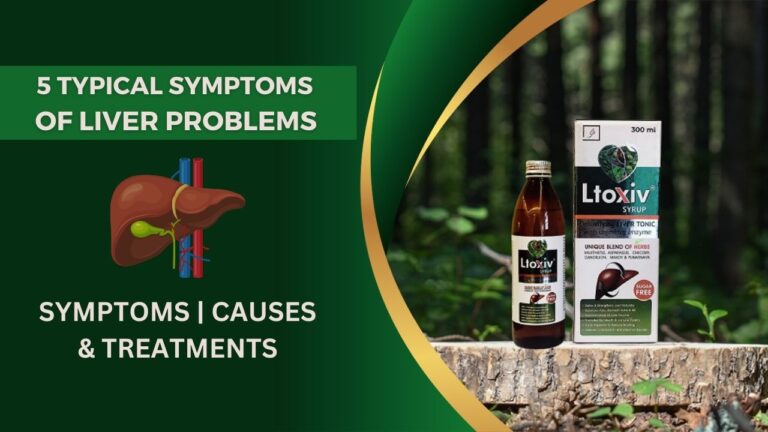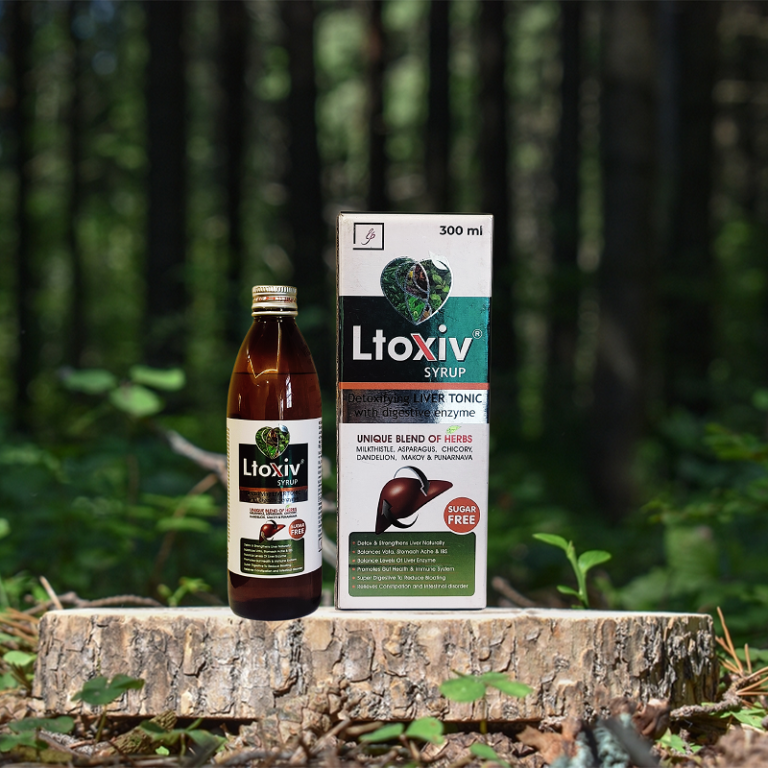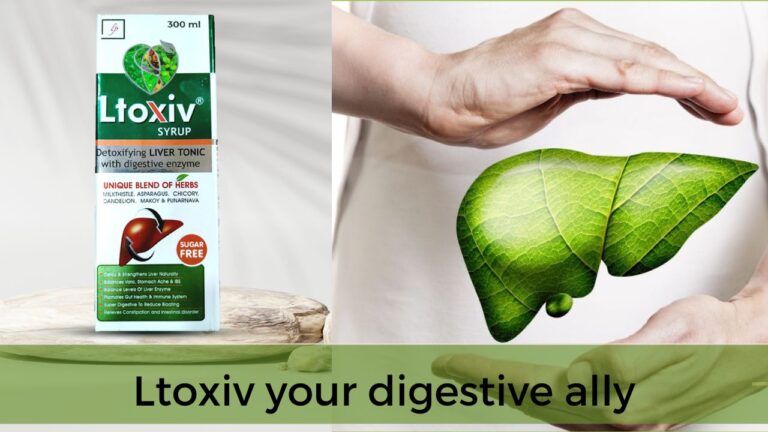Can Ayurveda Cure Piles?
Ayurveda, acting as one of the oldest systems of medicine in the world, has offered holistic approaches to people for managing various health conditions, and one of them includes piles (hemorrhoids). It provides a range of therapeutic methods aimed at alleviating symptoms, reducing inflammation, and promoting your overall digestive health. But can Ayurveda cure piles, or is this field of medicine even a reliable source of treatment for the problem? Let’s find out.
Can Ayurveda Cure Piles – The Million Dollar Question
According to Ayurvedic customs, piles are known as “Arshas,” which occur due to an imbalance in the body’s doshas, most particularly Vata and Pitta. Factors leading to the development of piles include factors such as poor digestion, constipation, and sedentary lifestyle choices. The central theme of Ayurvedic treatment for piles focuses on restoring balance in the body, improving digestion, and strengthening the rectal tissues.
Can Ayurveda cure piles? To dwelve on the truth, the ancient scriptures related to this field of medicine have actually laid out some tips to reduce the risks associated with swollen veins:
Focus on Dietary Modifications: Ayurveda recommends dietary changes as one particular cornerstone for managing piles. Individuals with piles often receive professional guidance to consume a diet rich in fiber to promote smooth bowel movements and prevent constipation. High-fiber foods are a positive source, such as fruits, vegetables, whole grains, and legumes. Additionally, maintaining hydration by drinking plenty of water throughout the day helps.
Go Green, Go Herbal: Herbal remedies play a significant role in managing piles. Various herbs found in the lap of nature exhibit anti-inflammatory, analgesic, and digestive properties, which can provide relief from piles symptoms. Some commonly used herbs include:
- Triphala: Consisting of three fruits—amla, haritaki, and bibhitaki, Triphala is known for its mild laxative properties, which promotes regular bowel movements and relieves constipation.
- Amla: Rich in vitamin C and antioxidants, amla acts towards strengthening blood vessels, reducing the risk of bleeding associated with piles.
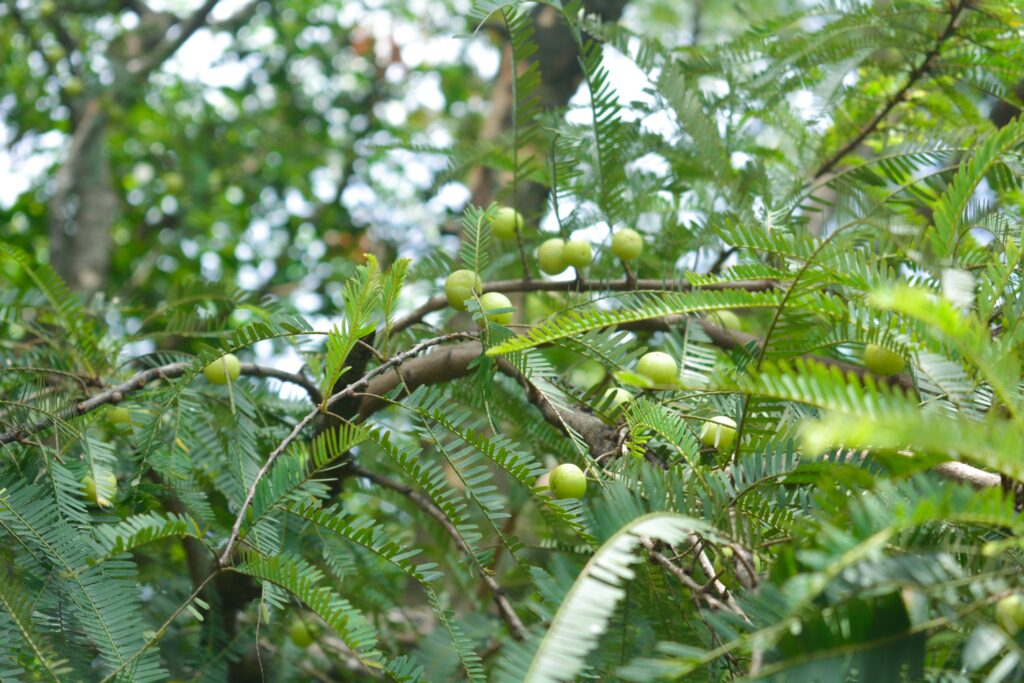
- Haritaki: This is another laxative agent with astringent properties, as it can reduce inflammation in the rectal area.
- Guggul: Guggul is a great choice to go for because it can strengthen the digestive system and provide a solid holistic foundation to it.
Curate Modifications into Your Lifestyle: Additionally, Ayurveda counts your lifestyle factors to play a crucial role in answering the related question – Can Ayurveda Cure Piles. With healthy habits, you will be able to support your digestive health and prevent the exacerbation of piles symptoms. Some lifestyle modifications we can think about off the top of our heads are:
- Regular Levels of Exercise: Engaging in regular physical activity, such as walking, yoga, or swimming, massively promotes blood circulation, aids digestion, and reduces the risk of constipation in major situations.
- Good Hygiene Levels: Proper hygiene practices such as cleaning the anal area with warm water after bowel movements and avoiding harsh soaps or wipes will subtly prevent irritation and infection for individuals with piles.

- Avoiding Prolonged Sitting or Standing: Yes, this can happen too! Prolonged periods of sitting or standing in one position can increase pressure on the rectal veins, which can lead to early signs of piles symptoms. Remember to change the position of your rear from time to time!
Adopt Ayurvedic Therapies: A final nod goes to therapeutic interventions authorized by the best Ayurvedic practitioners for managing your piles. Some of them include:
- Kshara Sutra: This treatment involves the use of a medicated thread (Kshara Sutra) to ligate and cut off the pile mass. This procedure is ideal for individuals with large or persistent piles.
- Basti (Ayurvedic Enema): Basti therapy prioritizes applying herbal decoctions or oils into the rectum to cleanse and nourish the colon. Basti therapy will help in massively alleviating constipation, reduce inflammation, and promote healing of the rectal tissues.
Other Local Applications: Ayurvedic preparations such as ointments, creams, or oils containing herbs like neem, turmeric, or sesame oil may be applied topically, as they can help in reducing pain, itching, and inflammation associated with piles.
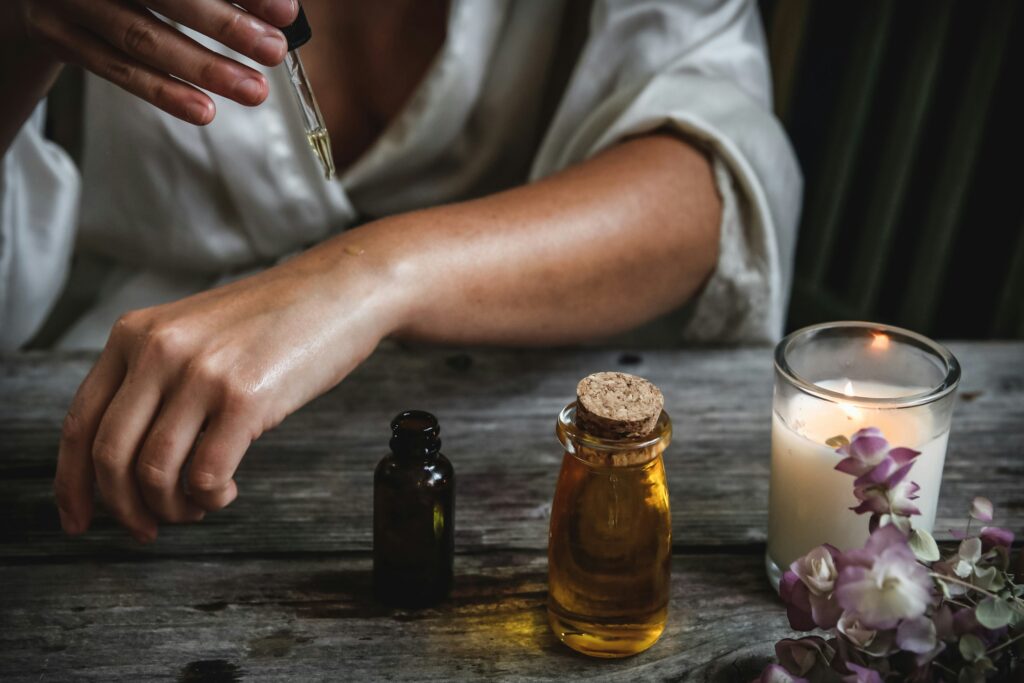
Conclusion:
Yes, to conclude, Ayurveda offers a comprehensive approach to managing piles, as this field of medicine focuses on dietary modifications, herbal remedies, lifestyle adjustments, and therapeutic interventions. While Ayurvedic treatments can provide symptomatic relief and support overall digestive health, never forget to consult with a qualified Ayurvedic practitioner for personalized recommendations and treatment plans.
Looking for some Ayurvedic solution to reduce the risk of piles? Check out Liard’s extensive catalog of nature’s finest offerings!


